Dante Update #2: Through the Gate of Hell
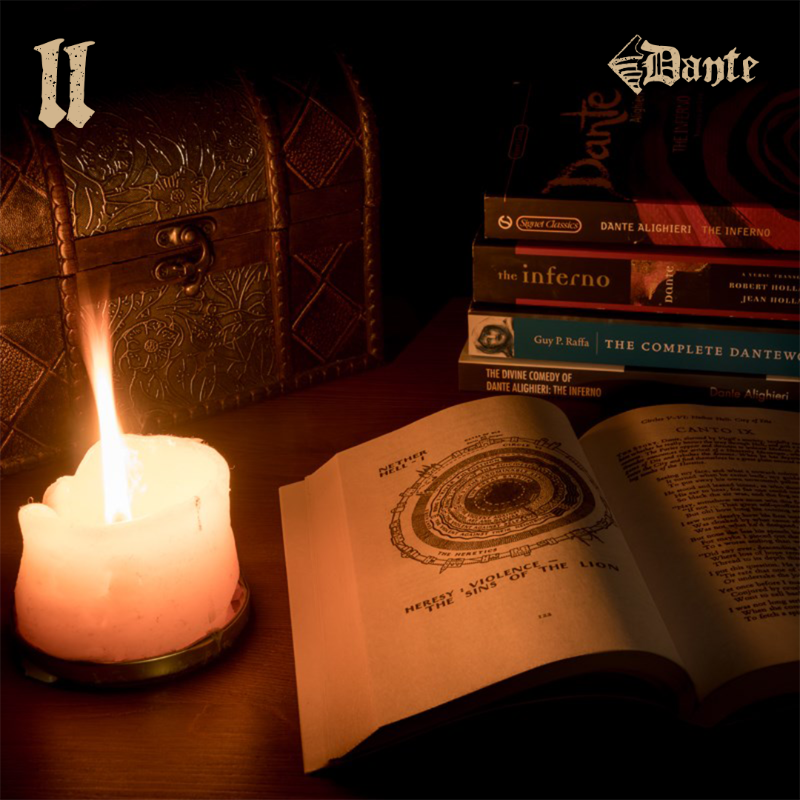
A deeper view of our new project, Newsletter and a poll for you.
Dear Adventurers,
“you follow me and I will be your guide
and lead you forth through an eternal place.
There you shall see the ancient spirits tried”
- Inferno, I:106-08, Ciardi
“Come, join me as I rummage through the stories past and future! Come, have you seen the realm full of corruption and desperation? And the heroes? Thrust into a world beyond their wildest dreams! Embarking on a path that’s like no other. Come, only a few have wandered through these forsaken depths. This is Dante’s Inferno, and it will take you on a journey you will never forget!”
In this update, we’ll explore how the idea to bring Inferno to the board game medium developed. We’ll also look at what makes the game unique by sharing the core principles that govern our design decisions behind each of the two Game Phases. As we have promised, we also want to show you some of the new content that we have made with the community in mind: an article on board game storytelling based on an interview with the game’s lead designer, new CGS newsletter, and a new community discussion with a giveaway.
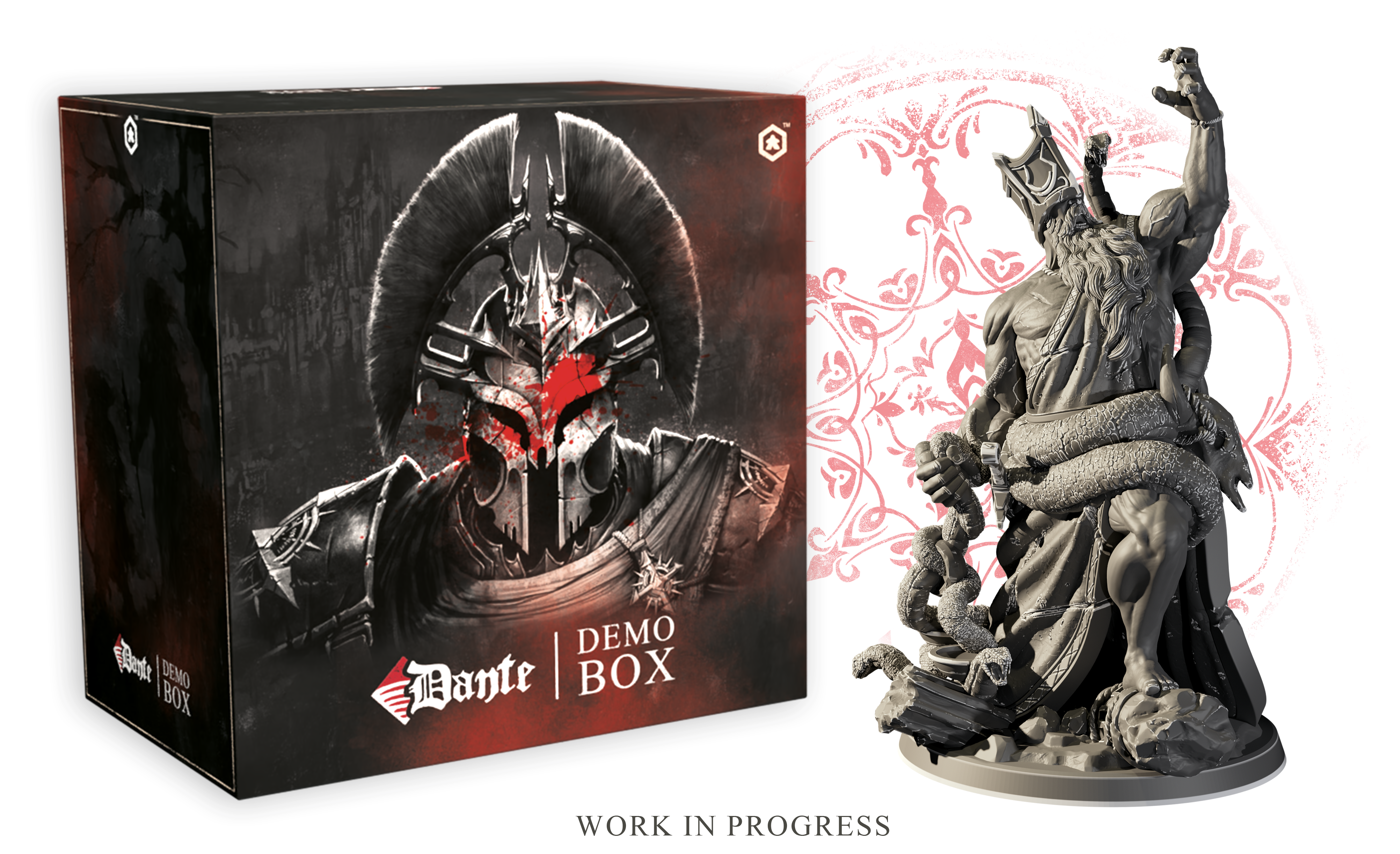 The Demo Box is coming
The Demo Box is coming
Through the Gate of Hell
“How I came to it I cannot rightly say,
so drugged and loose with sleep have I become
when I first wandered there from the True Way,”
- Inferno, I:10-12, Ciardi
It was way past sunset when the young history professor returned from the landscape that his mind now wandered through way too often. With a desperate sigh, he began to ply his pen, struggling to recollect the events of his recent journey. Seldom can one see a scholar of events true dwell upon a dream to forge a world that only materializes in loose visions. But what a world that was!
Night after night he sought these strange visions, terrible though they often were. In his dreams, distorted bodies and screaming apparitions were coiling in agony, scattered within a descending series of concentric planes, illuminated only with the flickering light of everlasting flames. Surely a place of punishment, but perhaps even of salvation and renewal. Did he recognize some of these strangers? Had it been the faces of Cleopatra, Minos, Hippocrates, or Caesar that he saw?
One day, he mused, he must find the true way to open the gates connecting that strange realm with reality.
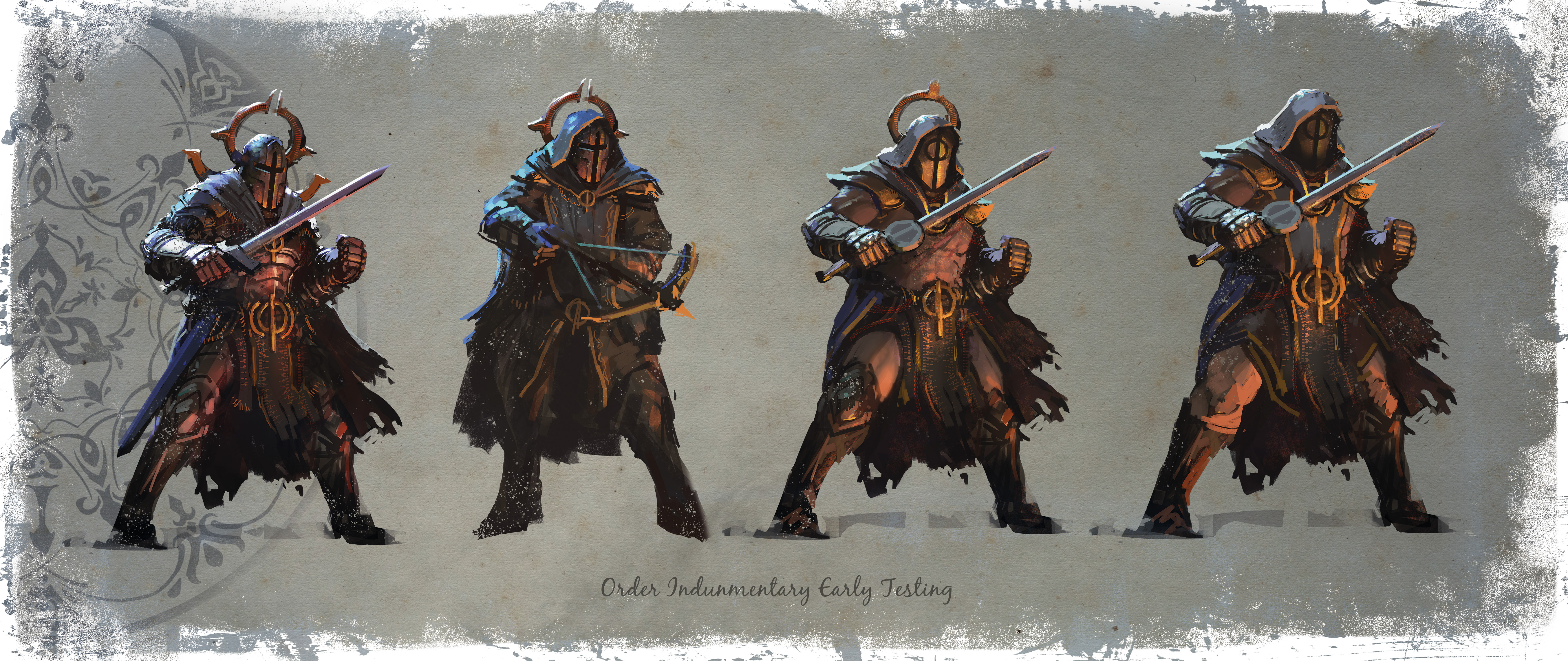
“When they together had discoursed somewhat,
They turned to me with signs of salutation,
And on beholding this, my Master smiled;”
- Inferno IV:97-99, Longfellow
When Mauro, the young history professor from our story, joined the CGS team as a game developer and showed us his tattered notebook teeming with drafts of a board game based on Dante’s Inferno, we immediately recognized the idea, as it came to us some time ago as well. It surely must be an inspiration globally shared by anyone who is familiar with The Divine Comedy and played games from the Diablo franchise.
The first concept was for it to be a dungeon crawler set in the nine circles of Dante’s hell, with a boss at the end of each circle and Lucifer at the end of the game. Yet, at that time, we were developing our previous project, Apocalypse, so the ghastly world of Inferno had to wait. But now, over five years after Mauro drafted his initial concept of the game, we feel we have the necessary maturity as gameplay and narrative designers to bring Inferno to life in a reimagination worthy of this literary and cultural masterpiece.
By the time we returned to work on DANTE: The Invasion of Hell, the initial idea had crystallized into a boss-battler that’s heavily focused on narrative-led exploration. Departing from the standard dungeon-crawler genre allowed us to delve into both combat and storytelling in appropriate depth without the need to compromise on either aspect. This was crucial in keeping the development scope tight while making the delivery of the game and its story expression flowing and smooth. It is also what led us to divide the gameplay into the two Game Phases: Narrative Exploration and Confrontation.
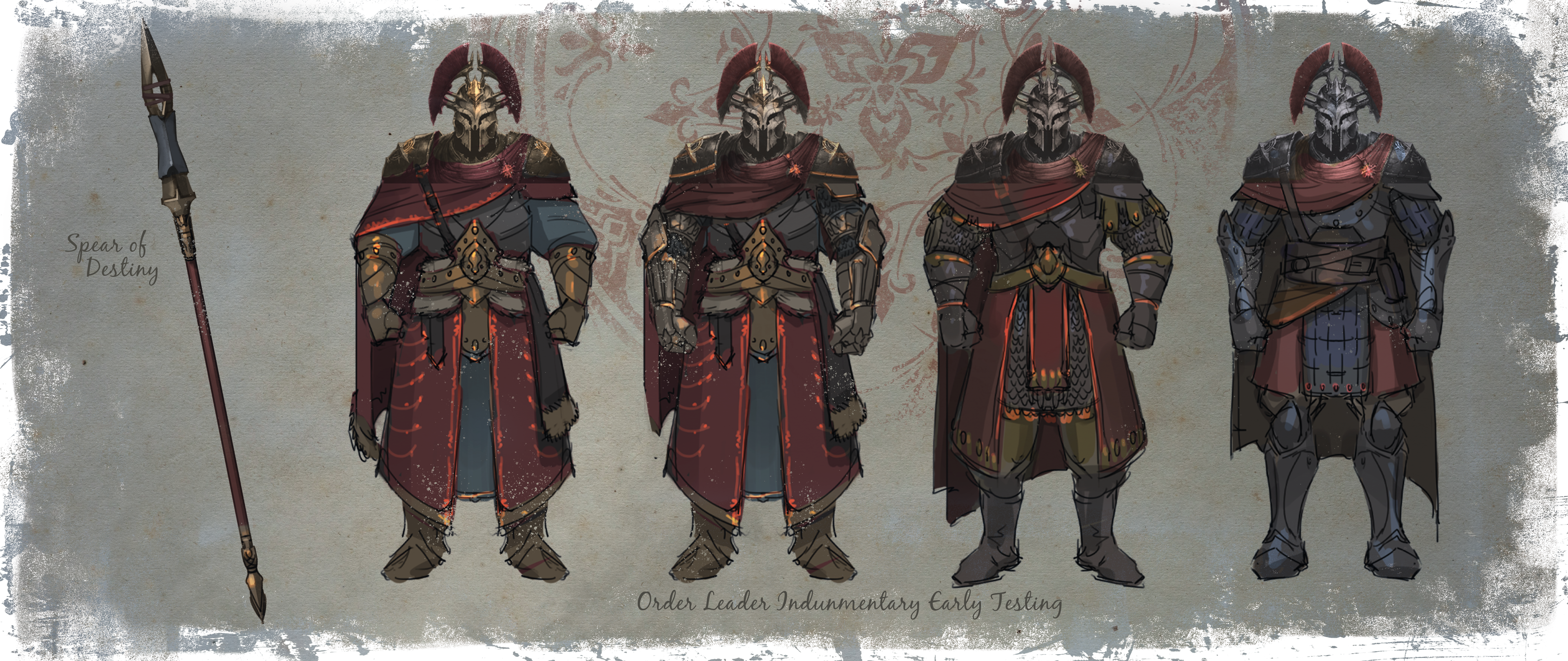
Cinematic Three-Dimensional Confrontations
“Vicious her nature is, and framed for ill;
When crammed she craves more fiercely than before;
Her raging greed can never gorge its fill.”
- Inferno, I:97-99, Sayers
For the Confrontation Phase, during which you battle different bosses found in Inferno, we have aimed towards developing a system that can facilitate tense, challenging, and entertaining fights while also utilizing the innovations we introduced to Chronicles of Drunagor and Apocalypse. Our overall goal was to bring impactful decisions you can make that are different from a simple repetition of move and attack sequences. This is why we have designed the combat as heavily focused on player interactions and the ability to cooperate, while also bringing over three-dimensional surfaces and objects, such as furniture, that can be interacted with during combat to gain the upper hand.
The three-dimensionality with usable objects represent an important aspect of combat as it opens new strategic options. Sometimes you may want to move towards a safer position to be protected from area-of-effect attacks. Or you want to get higher so attacks have more impact. There is also fall damage, collisions, or the opportunity to use furniture as improvised weapons. Monsters can jump down from the high ground and deal damage around them, grab heroes and smash them against a pillar, or grab pillars and use them to smash the heroes. Apart from that, the Dynamic Turn, in which players freely alternate performing actions during a shared player action window, gives you complete freedom and countless possibilities to execute any strategy you can think of. All the different combinations of cards and situations that can arise maintain a tense and exciting atmosphere throughout the fights from beginning to end. The danger is always there, both for you and the monsters, as the outcome of the combat can change in an instant. Even when it seems that you are about to be defeated, you can often come up with a crazy plan, muster all your strength, and execute a masterful maneuver thanks to which you’ll make an unexpected comeback and secure the victory. But be careful; this is also true for your opponents.
Is the boss-battler aspect of the Confrontation Phase unique? Just consider this chance sequence from Mauro’s recent playtest that happened for the first time in well over 30 different games. The heroes were fighting Minos, one of the bosses of Inferno, who had been almost defeated at that point when this happened: Minos suddenly breaks into a run towards the nearest hero, grabs him with one hand, carries him towards another hero, grabs him with the other hand, and, through the effect combined with the next card that activates, he smashes the two heroes against each other, and then throws one of them against the wall, effectively winning the combat.
The emergent narrative of the Confrontation Phase simply reached the point where when we talk about what happened during the latest gaming session, we feel like we are describing a scene from a movie instead of a board game combat encounter. And that’s exactly what we want to experience every time we play.
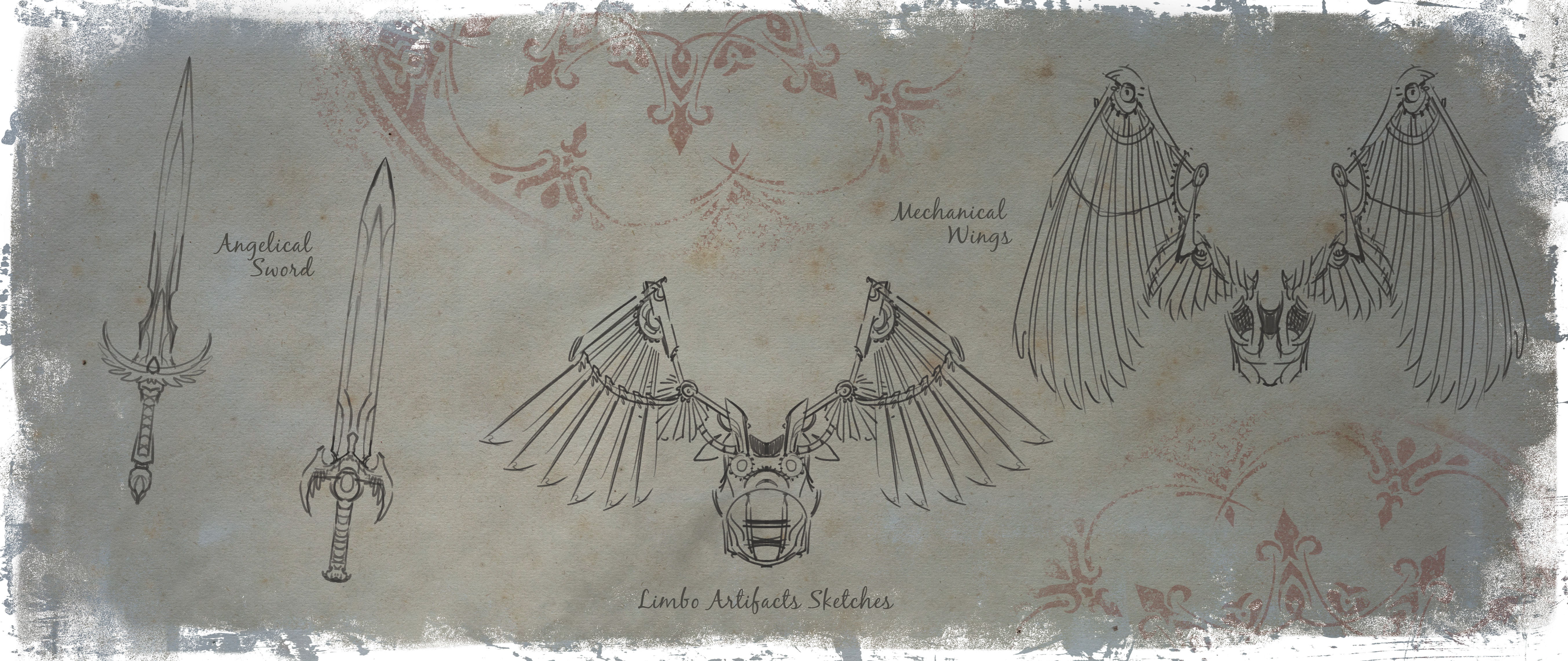
Narrative Depth in a World That Is Alive
“…Soon you will be
where your own eyes will see the source and cause
and give you their own answer to the mystery.”
- Inferno, XXIII:106-108 Ciardi
It was very important for us to create a world that is alive, with or without the presence of the heroes. The characters you meet have their own agendas, and as time flows, events take place with or without your interference. When you first enter Inferno, you will find yourself inside a complex ecosystem with many different options on how to interact with it. Throughout the journey, the way you meddle (or not) in the progress of the story will determine not only the unique path that you will experience, or the friends and enemies you will make, but also, eventually, how the story will end.
The decisions you make during each game will matter. Your choices will have a palpable impact on the story, mold the world of Inferno, and affect the lives of its inhabitants. It’s not just about getting an advantage for an upcoming fight - it’s about carving a unique path through the nine circles. For example, going as spoiler-free as possible, you might discover personal information concerning Minos, the infernal judge. It is something that he isn’t aware of, which, if you decide to disclose, makes Minos feel grateful and even willing to grant the heroes a favor when they ask. At the same time, you might encounter a character who feels that their sentence is unjustifiably hard, pleading you to help them remedy this mistake. And so, you have the option to see Minos again to argue the case, and he can either decide to grant moving that character to a more agreeable circle or send them towards much lower depths of hell - depending on whether Minos finds your company enjoyable. This, in turn, changes the sympathies of the character who asked you for help in the first place. They may feel indebted, or turn hostile if you cause their hardship to become much worse.
Even such a simple sequence of events illustrates the kind of decisions you will make. If you learn something that Minos doesn’t know, will you tell him or not? When you meet the character asking for help, will you try helping them? Or will you decide that their punishment is just? Will you try helping them even though you know that Minos doesn’t like you? How will all these choices play out? See, each of these decisions has the potential to bend the narrative arc of the game. While there are many ways to reach the same ultimate goal, it is the narrative depth of all the different possible interaction outcomes that will make playing through the story a completely unique board gaming experience. The footprint you will leave in Inferno is there for you to shape.
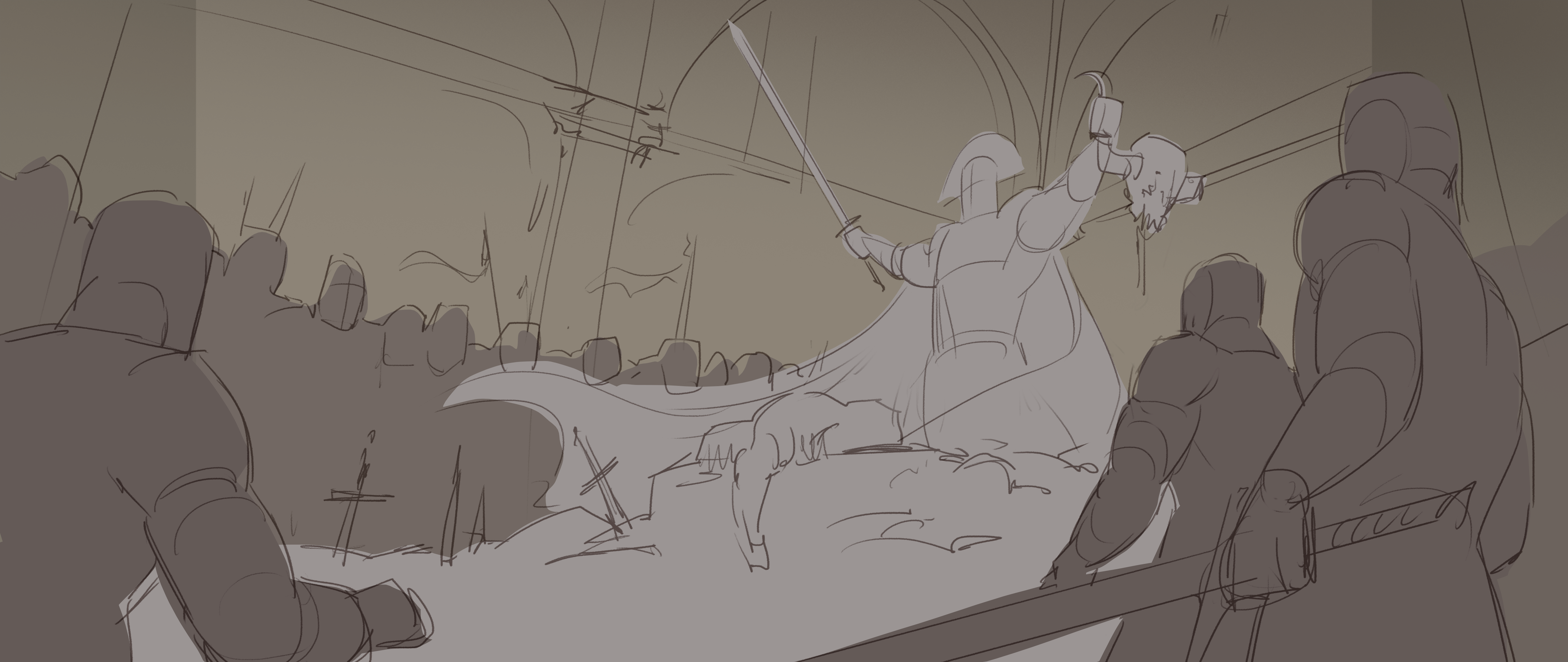
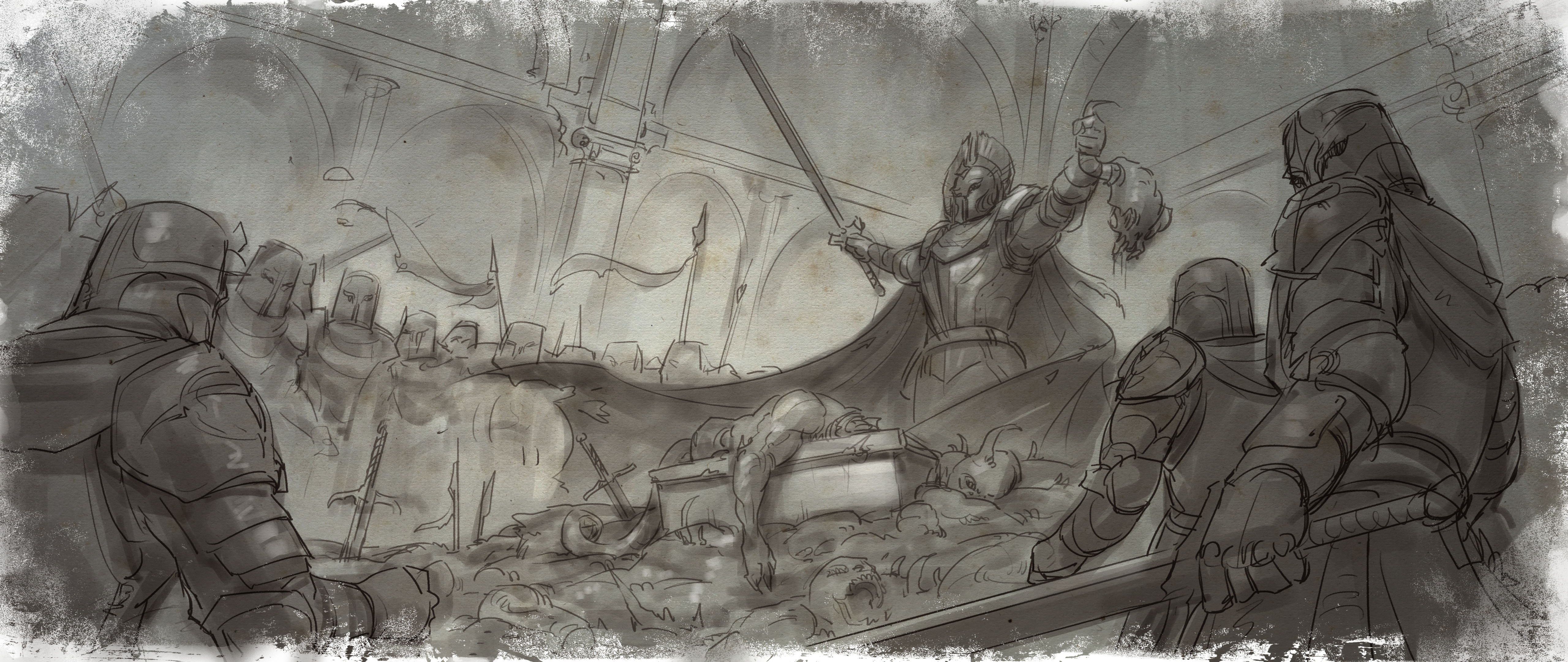
Exciting Exploration with Rich Storytelling
“Its memory gives a shape to fear.
Death could scarce be more bitter than that place.”
- Inferno, I:6-7, Ciardi
The exploration phase embodies the fundamental aspect of the way we’ve envisioned The Divine Comedy recreated within the board game medium. It’s interesting, it’s fun, and it gives players constant agency through a steady stream of decisions to make and dilemmas to consider, as they appear in the narrative passages. As we’ve mentioned before, although the exploration can drastically influence the confrontation, it isn’t the aim of the exploration phase to actually prepare you for the battle. While you can find gear and other curious items, the exploration is designed primarily to let you enjoy the compelling narrative, unravel different plots, and discover things that will help you understand a little bit more about what’s happening around you.
This phase involves a very light touch of resource management based on three attributes the heroes have: aggressiveness, prowess, and willpower. As you play through the exploration phase, making different decisions and generally leaving your mark in the infernal hellscape, you will sometimes face Ordeals. This means that somewhere along the way, you make a choice in a particular situation, but the outcome of that choice can only be determined by the use of the three resources. Since they will only recover when you descend into a new circle, during your adventures, the resources will eventually deplete. This represents that the heroes have already faced many tough Orceals and they are quite exhausted. So it’s likely that the heroes will fail the next Ordeal they face. You might not be able to successfully do everything you set out to do, but the important thing is that even if you fail, other branches of the story will open, and the journey will continue. Eventually, however as you play, you will reach a point when the game will bring you from the exploration phase to the confrontation. However, if it’s your preference, it is also possible to skip the confrontation and only play through story.
Not only your choices but also the order in which you approach interactions will affect the way the story unravels. The time passes even in Inferno, and events can take place whether the heroes are there or not. A character that was at one place will move somewhere else if you wait long enough to talk to them. The world is alive, and so it is unlikely that you will fully explore everything that’s going on in every circle during a single campaign. Your decisions will lead you to different paths, and given that the outcome of your choices can radically change the world as you go through the story, you will be able to return to replay the game with vastly different results.
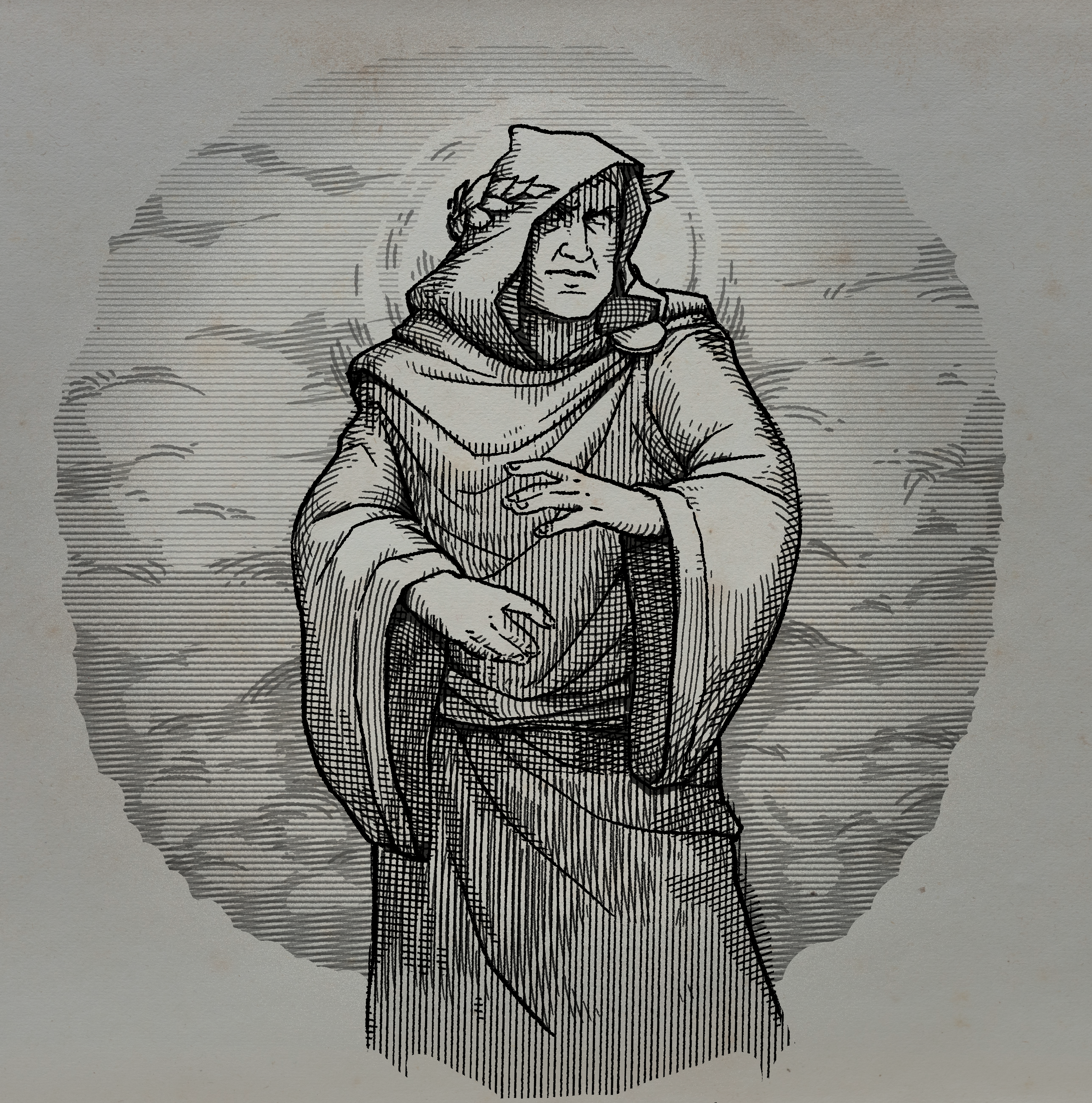
Accurate Reimagination of Dante’s Masterpiece
“How I could ever keep my face unmoistened,
When our own image near me I beheld,”
- Inferno XX:21-22, Longfellow
Since Dante had Virgil to lean on, and the heroes will rely on Dante for guidance, it is only natural that we too need a companion that would help us navigate the complex web of ideas that constitute The Divine Comedy.
Although the actual story of the game will be unique, see Update #1, our aim is to accurately represent the ideas, characters, motives, and overall meaning that Dante imbued his masterpiece with. To achieve this, we are fortunate to be able to trust a seasoned academic who has devoted their PhD and further work to the study of Dante to support and oversee the narrative development of the whole campaign.
One of our primary design goals is to maintain utmost fidelity to the book in order to ensure that players who complete the campaign without having read The Divine Comedy can still engage in meaningful discussions about its core concepts. It is crucial for us to approach this endeavor with humility, recognizing that we are crafting an epic adventure based on a literary masterpiece.
Our commitment lies in remaining loyal to the original story.
Throughout the game, players will have the opportunity to encounter nearly every character from Inferno. Drawing from the invaluable guidance we have received, we are determined to depict these characters in a manner that authentically reflects Dante’s portrayal. They will react to the heroes, events, and various emerging situations in ways that stay true to the essence of their literary counterparts.
Of course, the fabled poet Dante will play the most prominent role, as he will be the one guiding you on your journey through Inferno. However, just like Virgil was before, Dante won’t be able to interfere with the way you choose to progress through the story. He will speak to you often, sometimes expressing a wish for the characters to try something he did not try during his own journey. He will provide comments on what changed since his last visit, give advice on what he thinks might be a good course of action, or even help you by doing what you ask him to. He endeavors not to be too judgemental, believing that even other reasoning than his own can be valid, but you will notice when your decisions won’t align with his convictions.

Worldbuilding a Story
“To free you of this dread I will tell you all
of why I came to you and what I heard”
- Inferno II:49-50, Ciardi
Would you like to read about Mauro’s approach to storytelling in board games? As we mentioned in Update #1, we’re starting a new series of CGS Spotlight articles that will go deeper into board game-related topics. They will be based on interviews with our team members, and the first one is all about Mauro’s ideas on telling a story, worldbuilding, and his goals for expressing a game narrative.
Community Discussion with a Giveaway
We’d also like to get to know you a bit better, and we’d love to know what you think. That’s why we’d like to start this discussion in which you can share your thoughts on different aspects of board gaming and also learn what other people think. To do this, we’ll set a survey that will eventually be turned into a short article with a summary of the results.
As a thank you, we will give away a pledge from the upcoming campaign to one random person who participates.
And what is it about? Well, as we know there are many solo gamers among you, we’d love to hear your thoughts on playing solo. Do you like to challenge fierce automas? Do you prefer playing true solo, or do you usually control multiple characters? And even if you hate playing alone, let us and the rest of the community know!
CGS Newsletter
As we promised earlier, we have been working on a newsletter that will make it easier for you to stay on top of the news from our studio as well as from the great CGS community. To make sure you won’t miss them, the CGS Spotlight articles and the Community Discussions will make a stable presence there as well. In fact, we have just published the latest newsletter, and you can make sure you’ll get the next by following this link.
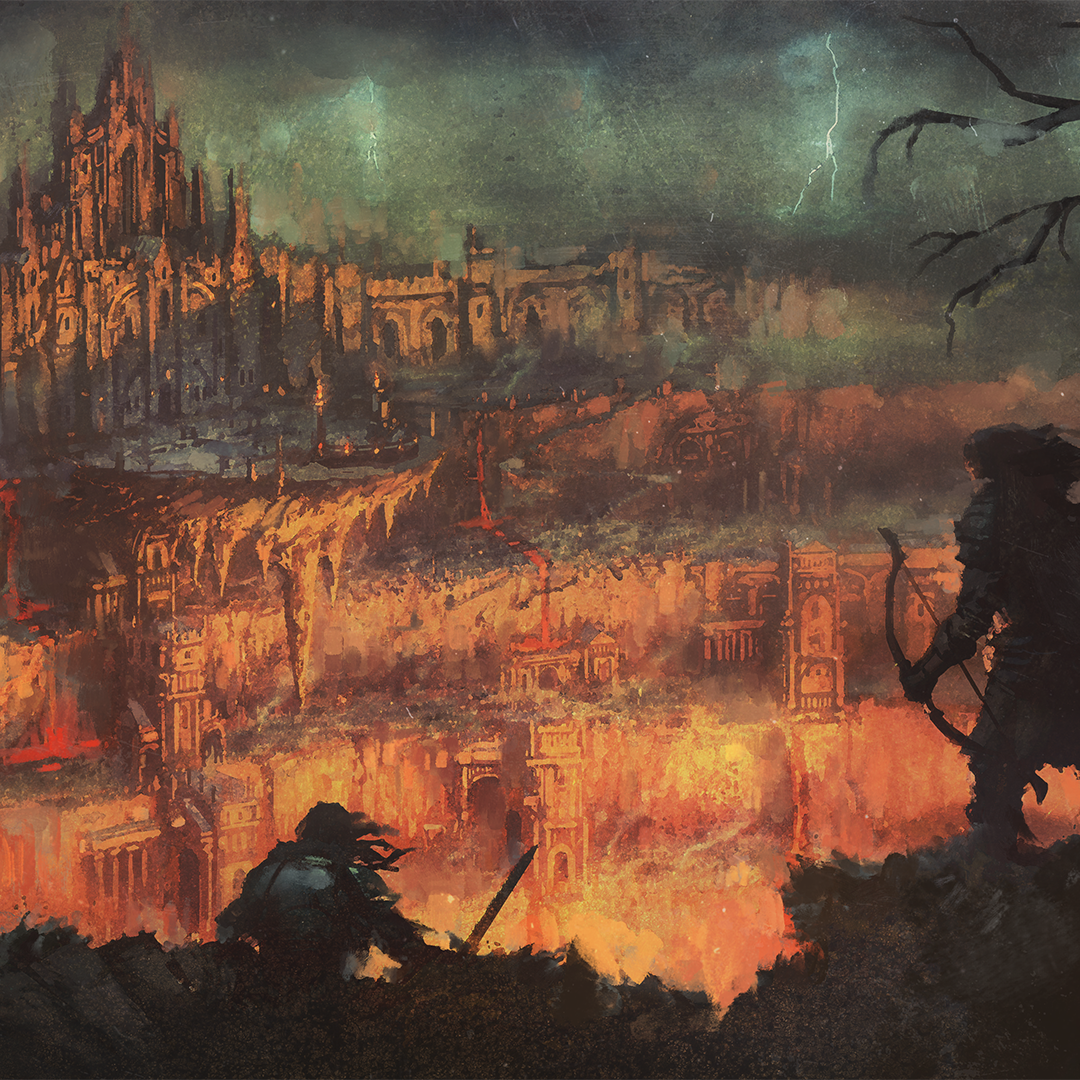
The feedback from the community has always been incredibly important to us. We listen closely to what you say, and we’d love to hear your thoughts on this update as well. What do you think about the game so far? Did you find the storytelling article interesting? What would you like us to write about next? Let us know in the comments.
Lastly
We are currently engaged in a discussion regarding the name of the project. We are considering whether the word « Hell » accurately represents the essence of Dante’s work in the game instead of « Inferno. » To offer a glimpse into our vision, we have included several ideas in a poll, that we will keep it open until next Sunday July 2nd. We value your feedback on this matter and hope to gather enough input to determine the best direction to take. We invite you to cast your vote and share your thoughts on whether we should retain the current name or consider a change. Your voice matters, and we appreciate your participation in shaping the project’s future. Please take a moment to share your opinion here.
Thank you very much, adventurers, for being here with us. We can’t wait to show you more as we will, together, tread the path toward the ultimate journey through Inferno.
We wish you a great week!
Sincerely,
CGS Team
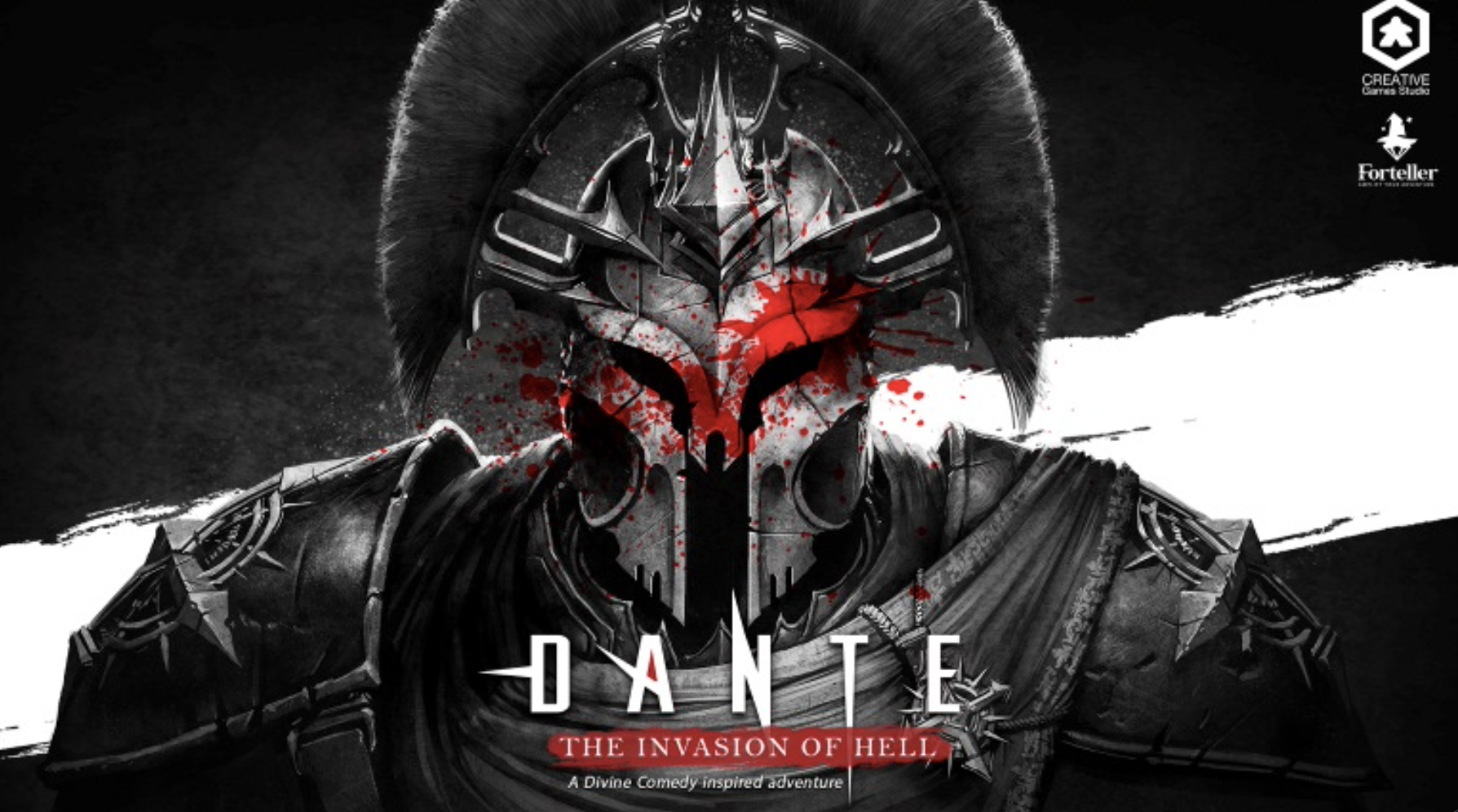
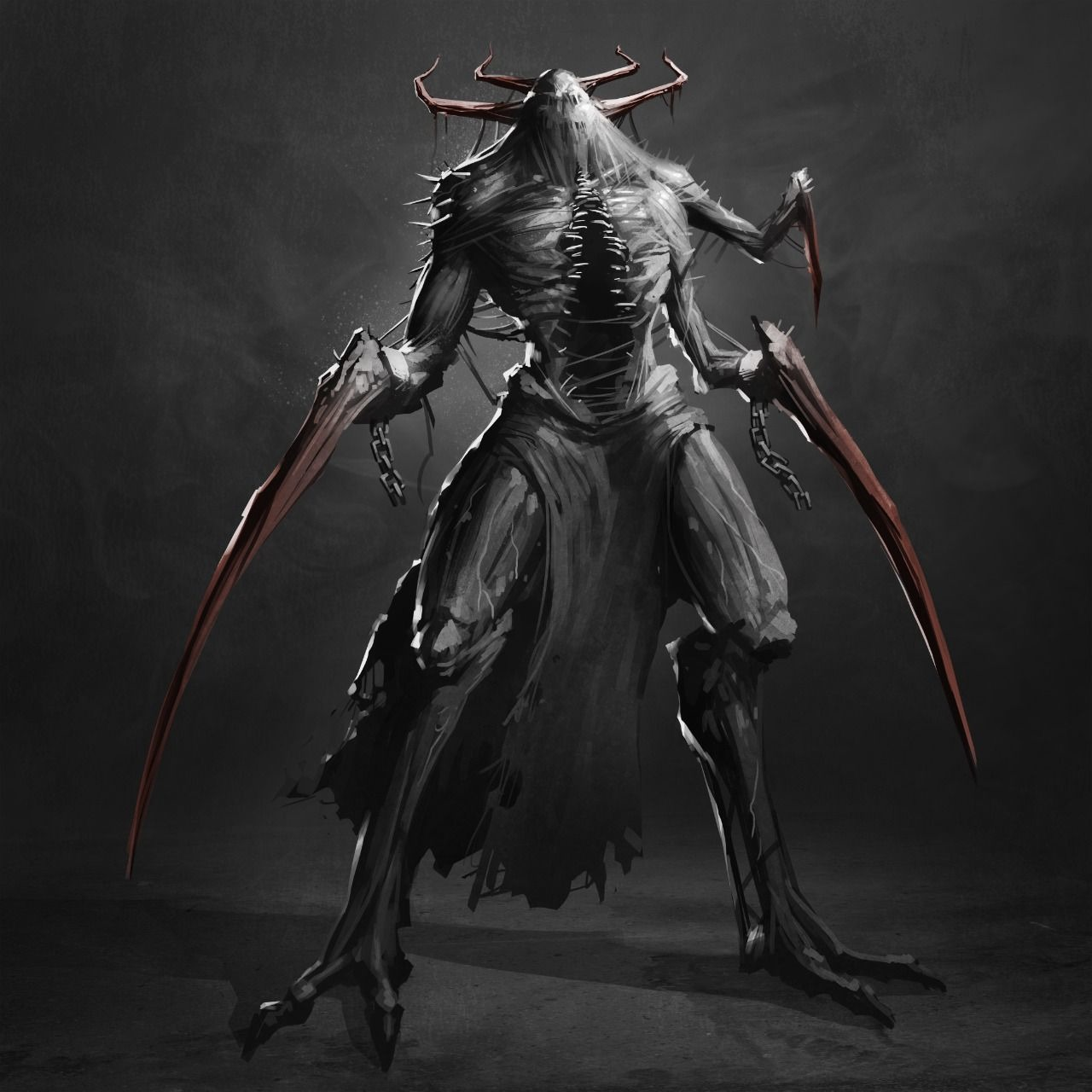
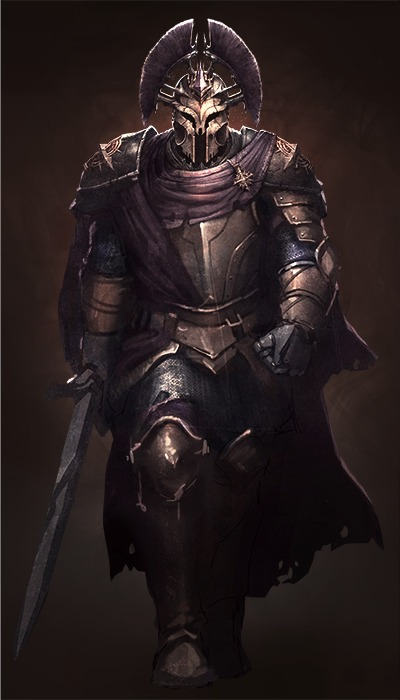
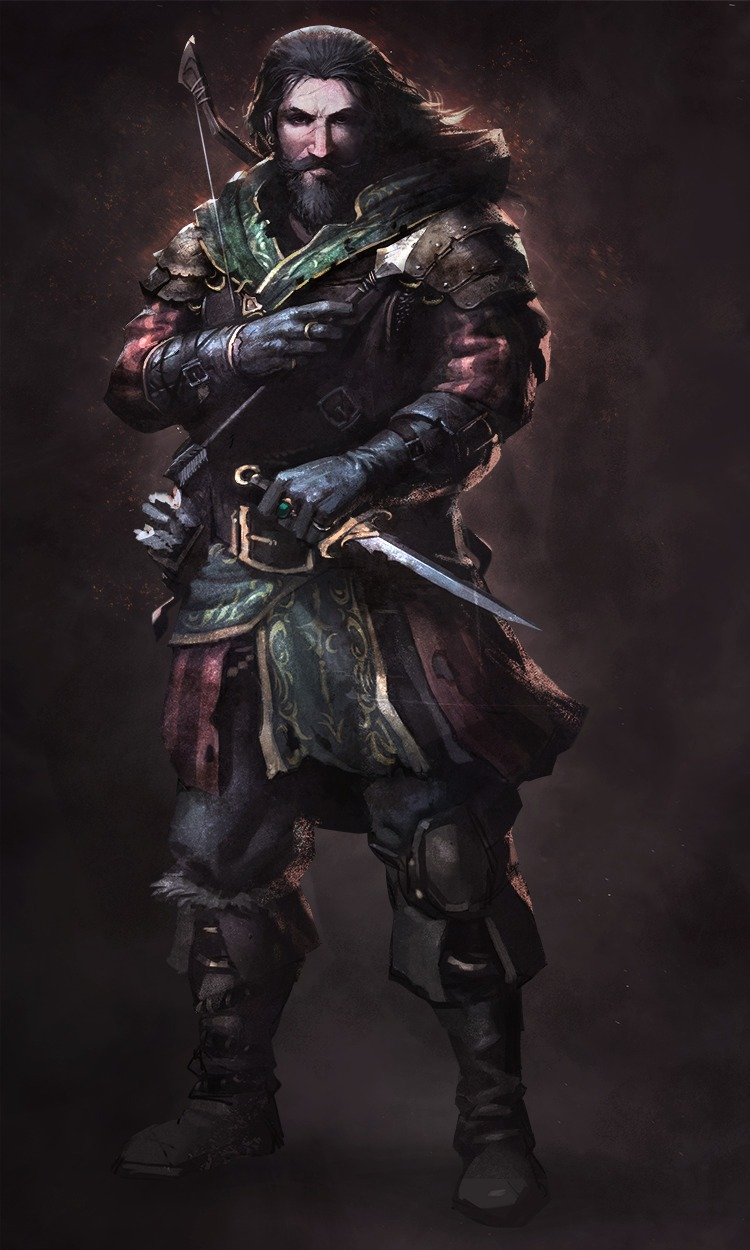


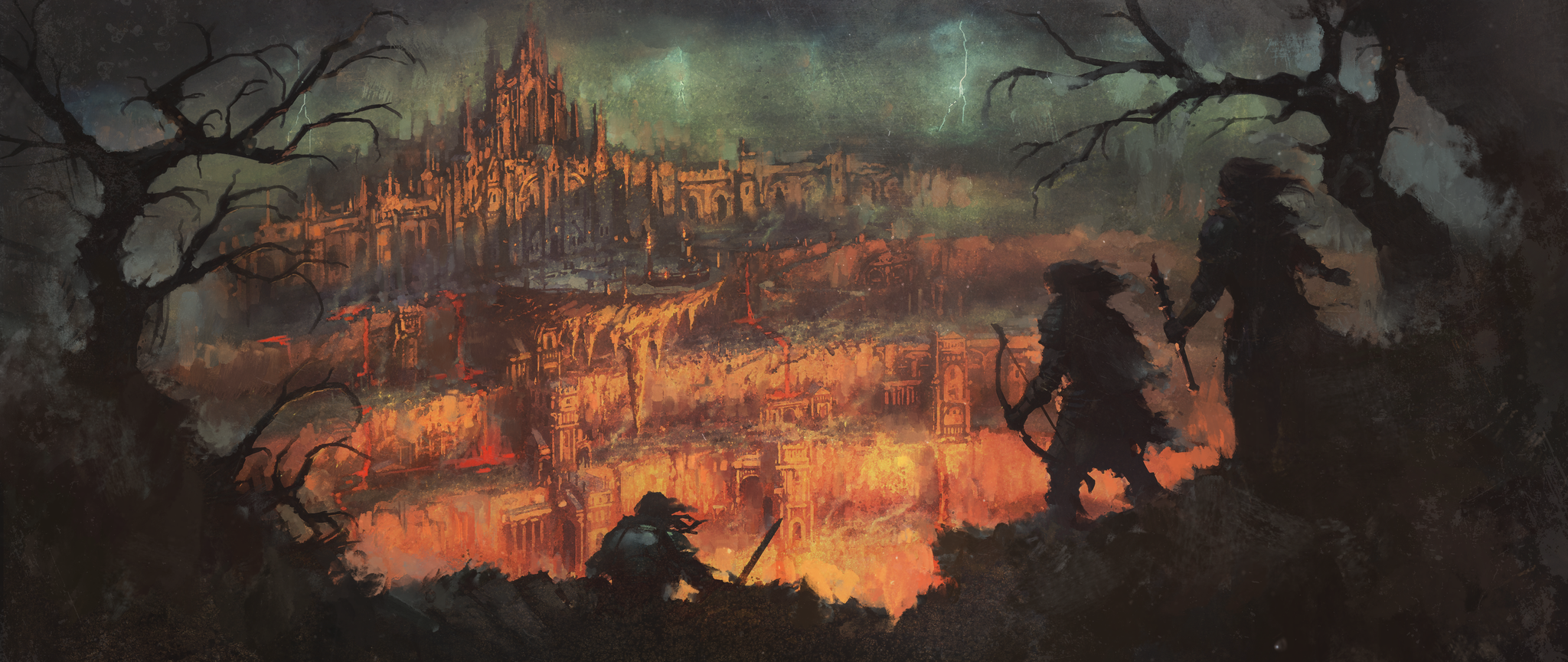

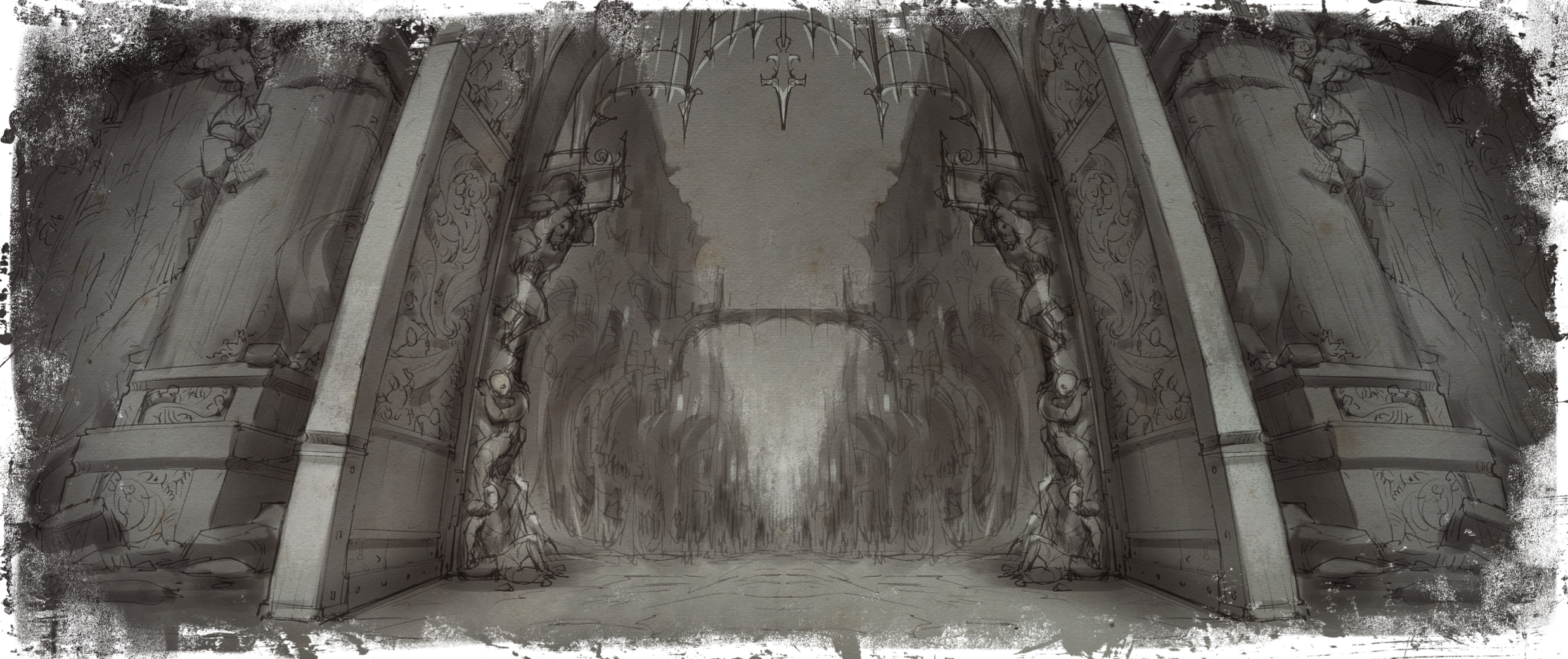

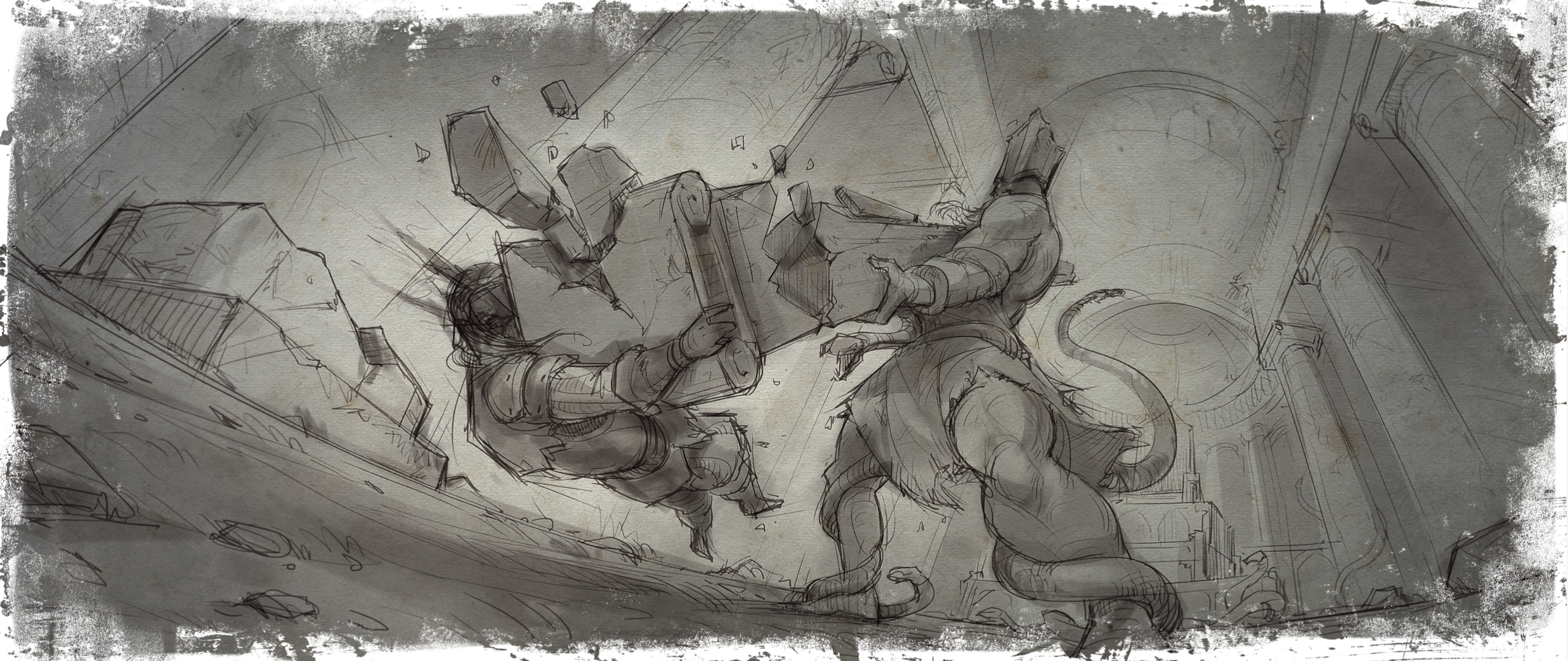

 The Demo Box is coming
The Demo Box is coming







